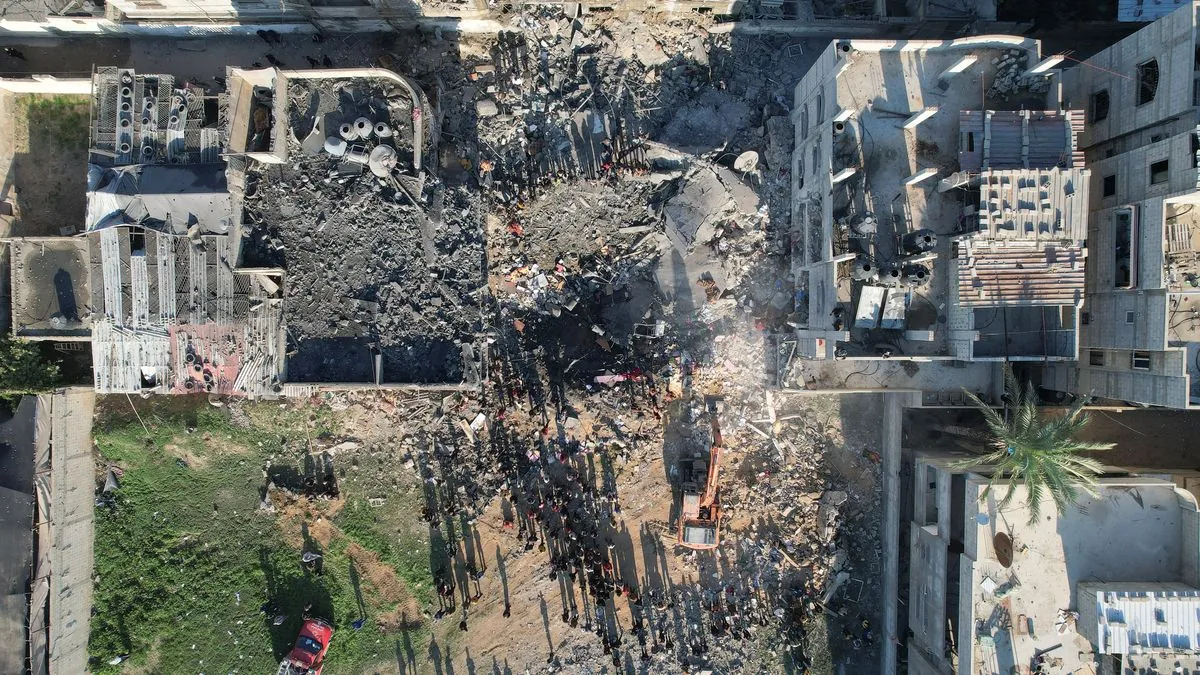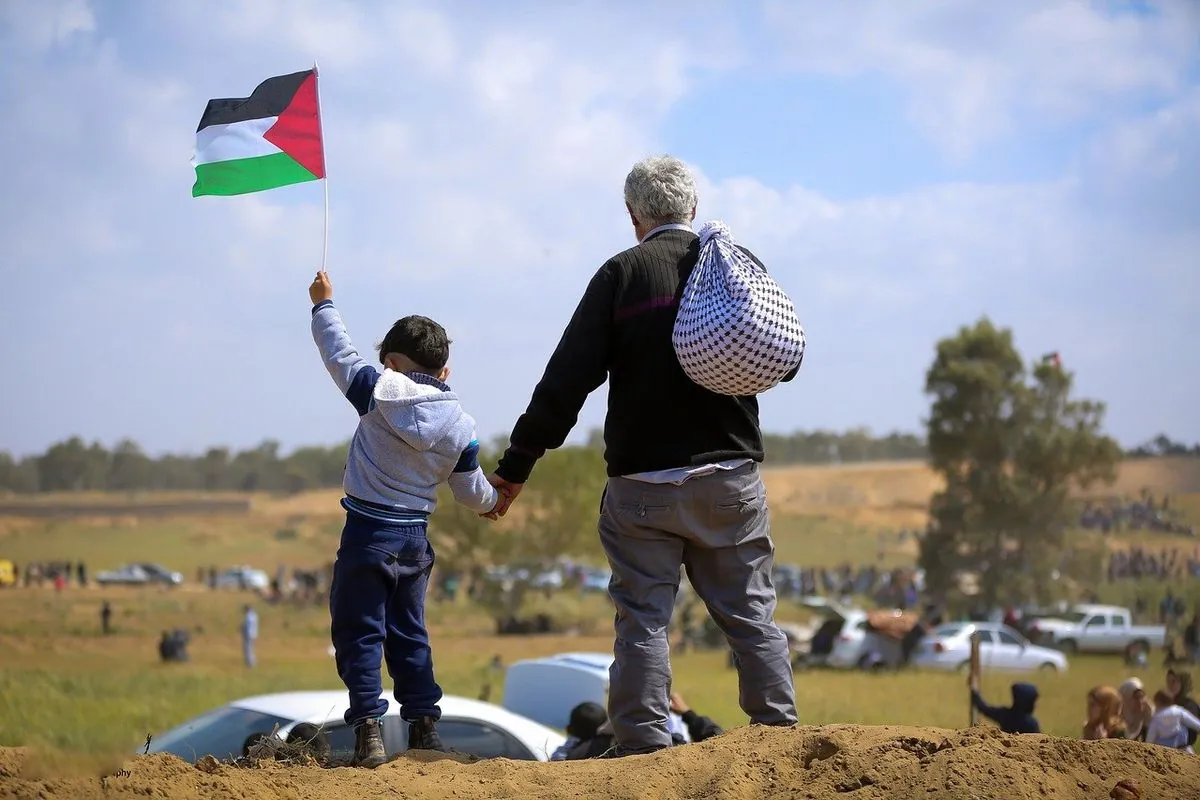One Year After Hamas Attack: Personal Stories of Loss and Resilience
Eight individuals share their experiences of the ongoing Israel-Gaza conflict, reflecting on loss, displacement, and hope for peace one year after the Hamas attack on Israel.

One year has passed since the Hamas attack on Israel on October 7, 2023, which marked the beginning of a devastating conflict that continues to impact countless lives. Eight individuals from both sides of the border share their personal stories, revealing the profound changes they've experienced and the ongoing challenges they face.
Maoz Inon, an Israeli peace entrepreneur, lost both parents in the attack. Despite this tragedy, he remains committed to fostering peace between Israelis and Palestinians. Inon's story reflects the complex history of the region, with his family's roots in the Kibbutz movement, which began in the early 20th century. He emphasizes the need for an international coalition to end the Israeli occupation in the West Bank and negotiate peace.
In Gaza, Amany Al-Haddad's life took an unexpected turn when she discovered her pregnancy on the day of the attack. Her journey through multiple displacements and the challenges of giving birth during the conflict highlights the dire humanitarian situation in Gaza, which has been under an Israeli-Egyptian blockade since 2007.
Amir Tibon, a journalist, recounts the harrowing experience of hiding with his family as terrorists stormed their kibbutz near the Gaza border. The Israel-Gaza barrier, first constructed in 1994, proved ineffective in preventing the attack. Tibon's story underscores the ongoing trauma and the desperate hope for the return of hostages still held in Gaza.
Dr. Majed Jaber provides insight into the medical crisis in Gaza, where he volunteers in emergency and intensive care units. His account reveals the challenges of treating patients amidst overcrowding, lack of sanitation, and blocked access to basic healthcare. The United Nations Relief and Works Agency (UNRWA), established in 1949, continues to play a crucial role in providing assistance to Palestinian refugees.
Shaimaa Ahmed, a 21-year-old computer engineering student, shares her experience of displacement and the destruction of her university. Her story touches on the Nakba, the mass displacement of Palestinians in 1948, and the ongoing impact on younger generations. Despite the hardships, Ahmed finds hope in the resilience of Gaza's youth.
The conflict has also affected Israeli communities far from Gaza. Inbar Ben Harush describes her family's evacuation from their northern border town due to Hezbollah rocket fire. The 2006 Lebanon War between Israel and Hezbollah lasted 34 days, leaving lasting scars on communities in the region.
Jamal Awni Rayyis reflects on his family's long history in Gaza and the recent displacement that has scattered them across the region. His account touches on the Armenian Genocide of 1914-1923, drawing parallels with the current situation in Gaza.
Michelle Rojas-Tal, an American-Israeli activist, shares her efforts to help hostage families, particularly focusing on the case of Naama Levy. Her story highlights the ongoing struggle to bring attention to the plight of hostages and their families.

"The Security Council reaffirms the vision of the two-State solution, where two democratic States, Israel and Palestine, live side by side in peace within secure and recognized borders."
As the conflict enters its second year, these personal accounts reveal the deep-rooted complexities of the Israeli-Palestinian conflict, which has origins dating back to the late 19th century. The United Nations Security Council has passed numerous resolutions on the conflict, yet a lasting solution remains elusive. The stories shared here underscore the urgent need for dialogue, understanding, and a commitment to peace from all sides.


































